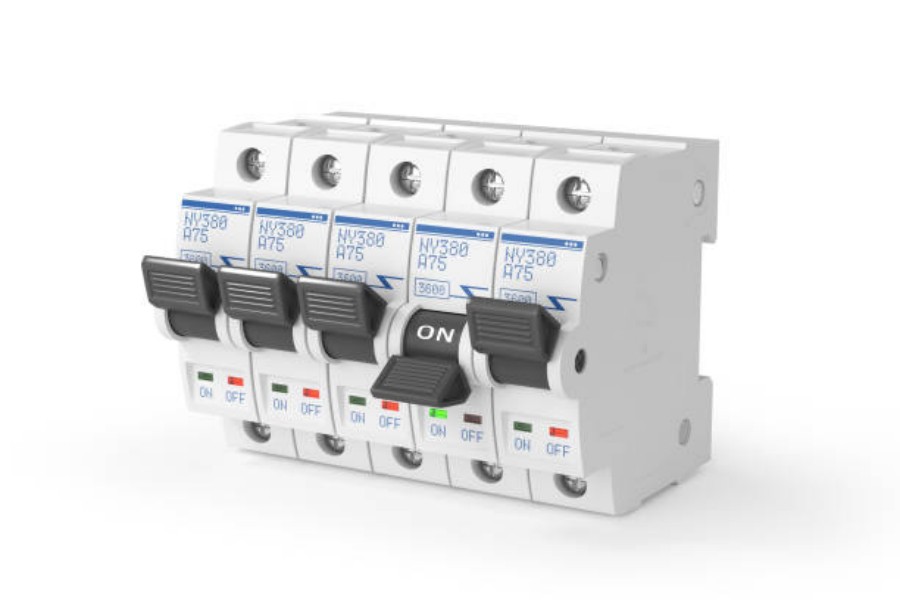Table of Contents

Introduction
24v dc contactor is a crucial component of various industrial and commercial applications. It is an electrically-operated switch that controls power circuits by opening and closing the contacts. In this article, we will discuss the different aspects of 24V DC contactor, its benefits, applications, and maintenance.
Brief Overview of 24V DC Contactor
A 24V DC contactor is a switch that enables the control of multiple electrical circuits by a single signal. It consists of a coil that creates a magnetic field, which attracts the contacts and enables the circuit to close. The principle of operation of a 24V DC contactor is based on electromagnetic induction.
Benefits of 24V DC Contactor
The main advantage of a 24V DC contactor is its ability to control high currents using a low-power signal. It also provides an efficient way to manage large loads and maintain the continuity of electrical power, while preventing overloads and short circuits. Additionally, it can be used in various industrial and commercial applications, such as HVAC systems, lighting control, and machine control.
Applications of 24V DC Contactor
24V DC contactors are used in various applications that require the control of high electrical currents. Some of the common applications include:
- HVAC systems
- Lighting controls
- Machine controls
- Power distribution
- Electric vehicle charging stations
Types of 24V DC Contactor
There are several types of 24V DC contactors available in the market, depending on their design, size, and application-specific requirements. Some of the common types include:
- Mini contactors
- Power contactors
- Reversing contactors
- Multipole contactors
- Definite purpose contactors
- Latching contactors
Factors to Consider When Choosing a 24V DC Contactor
When selecting a 24V DC contactor for a specific application, there are several factors that need to be considered, such as:
- Current rating
- Voltage rating
- Coil voltage
- Number of poles
- Environmental conditions
- Mounting type
- Control voltage
Installation and Maintenance of 24V DC Contactor
Proper installation and maintenance procedures are essential for ensuring the optimal performance and longevity of a 24V DC contactor. Some of the essential steps to follow include:
- Ensure proper wiring and connections
- Inspect the contactor for wear and damage
- Clean the contactor regularly
- Replace faulty or damaged components
- Follow the manufacturer's guidelines and specifications
Common Problems and Troubleshooting
Some of the common problems associated with 24V DC contactors include contactor sticking, noise, or failure to operate. Troubleshooting these issues requires a systematic approach that includes checking the wiring, inspecting the components, and testing the voltage and current flow.
Conclusion
A 24V DC contactor is an essential component of various industrial and commercial applications that require the control of high electrical currents. By understanding its benefits, applications, types, factors to consider, and maintenance requirements, you can select the appropriate contactor for your specific needs and ensure its optimal performance over time.
